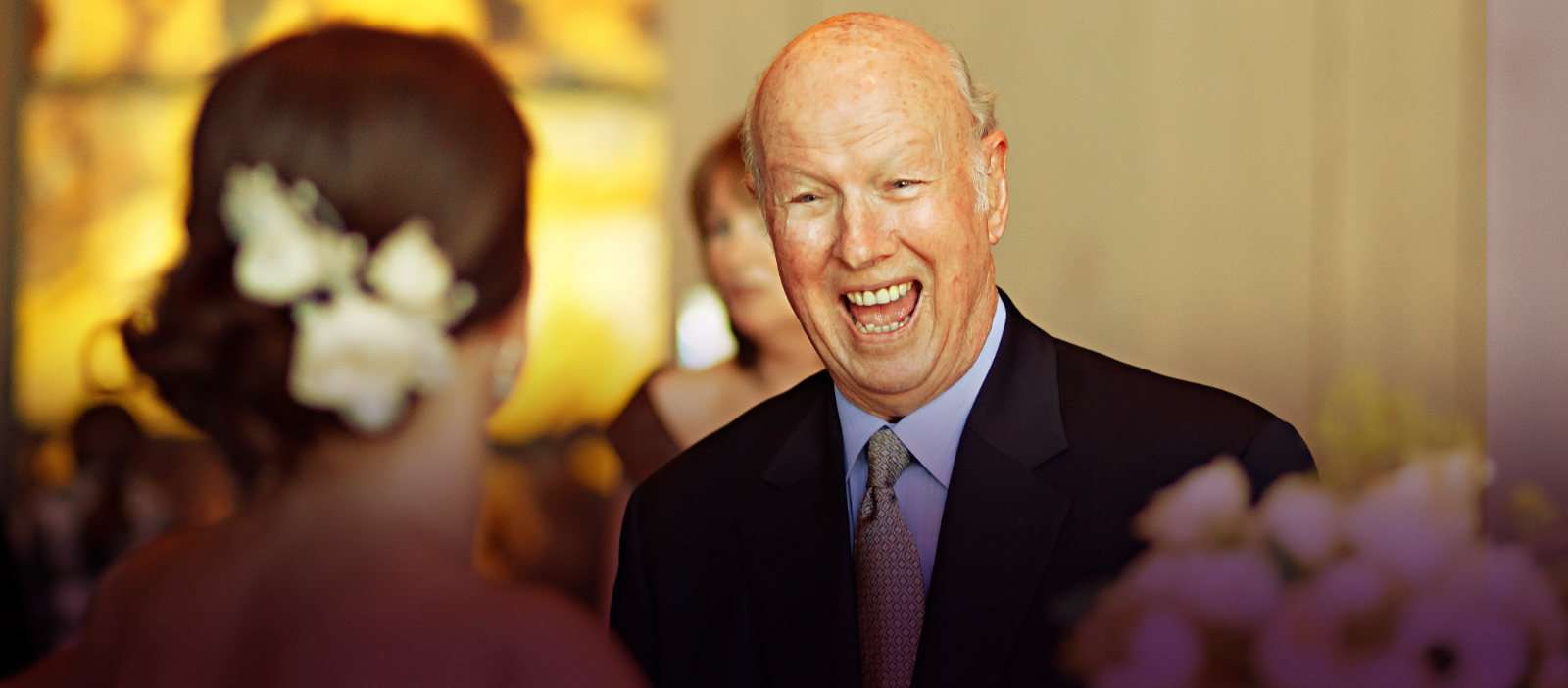
Are you married? Do you and your spouse have a Florida power of attorney? Are you aware that a Florida power of attorney (POA) is a legal instrument that grants an individual the authority to act on behalf of another person in various matters, including financial and healthcare decisions? But what about when you are married? Have you and your spouse given any thought to whether a spouse is automatically granted a power of attorney over the other spouse’s affairs or if they have to complete legal planning? In Florida, as in many other states, the concept of an “automatic” power of attorney for spouses is a misconception that needs clarification.
It is true that a Florida power of attorney is a legal document that authorizes one person to act on behalf of another person. In fact, the person who is acting is usually referred to as the “agent” or “attorney-in-fact” while the person creating the document is the “principal.” This authority can be broad or limited, covering financial, legal, healthcare, and other specific matters. With this Florida estate planning tool the agent can make decisions and take actions as outlined in the document. However, it is important to note that a Florida power of attorney does not grant the agent the status of a co-owner or a spouse with automatic decision-making powers.
Now, marriage in Florida does not automatically confer power of attorney rights upon a spouse. While marriage does establish a legal relationship with certain inherent rights and responsibilities, it does not grant automatic authority over the financial and healthcare decisions of a spouse. Therefore, spouses who wish to have this authority must explicitly create a power of attorney document.
This is especially important if you want your spouse to be able to have the authority to manage financial matters on your behalf. These financial tasks can include, but not be limited to, tasks such as handling bank accounts, paying bills, managing investments, and even selling property. Without a power of attorney, a spouse has no inherent right to access or control the other spouse’s financial affairs.
Another very crucial planning consideration focuses on durability. Have you heard the term “durable” power of attorney? It is very important to note that a Florida durable power of attorney remains valid even if the principal becomes incapacitated. It is particularly important for situations where the principal may be unable to make decisions due to illness, incapacity, or injury.
Do you and your spouse want to avoid any and all potential complications and uncertainties in the future? Then it is imperative for you to plan for the future by creating a comprehensive Florida power of attorney with your experienced Florida estate planning attorney. This legal document is especially important for spouses who want to ensure that their partner can act on their behalf if the need arises. Be mindful that waiting until a crisis occurs could lead to legal and logistical challenges as one must have capacity to create this document, making an already difficult situation even more stressful.
To summarize, remember, in Florida a spouse does not automatically possess a power of attorney over their partner’s affairs just because they are married. It is crucial for you and your spouse to understand that the Florida power of attorney is a separate legal document that must be established intentionally. By creating the appropriate power of attorney documents now with your experienced Florida estate planning attorney, you and your spouse can be sure you are prepared for unforeseen circumstances and that your wishes will be respected and carried out by your chosen agent.
Your durable power of attorney is a powerful and important tool to add to your estate planning arsenal. We know this article raises more questions that it answers. We provide expert service to guide you through the medical, financial, and emotional stress of caring for an aging parent or spouse. Our law firm was born out of the personal journey of Attorney H. Frances Reaves as she cared for her own parents. This experience taught her that most seniors in the United States are ignored by society, the government, business and, sadly, their children. Most children of elderly parents don’t know how many benefits and resources are available for their parents or ailing family members. Let us help you. We encourage you to contact us and schedule a meeting.

